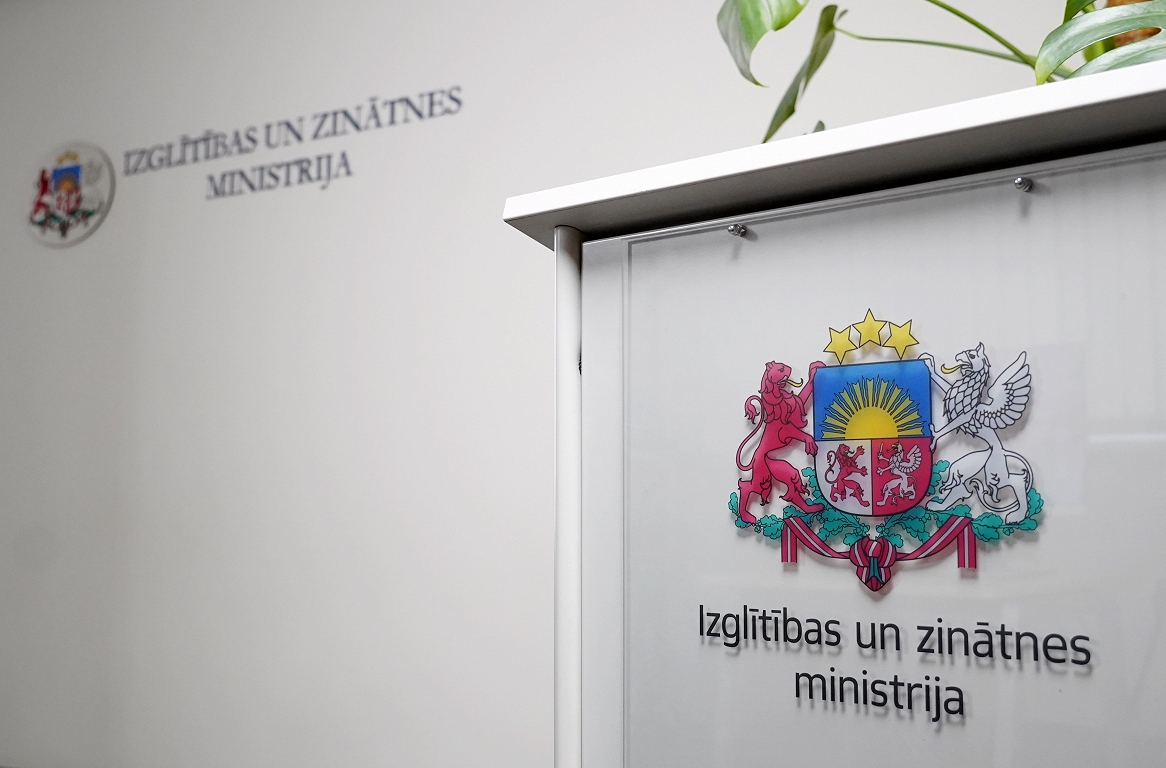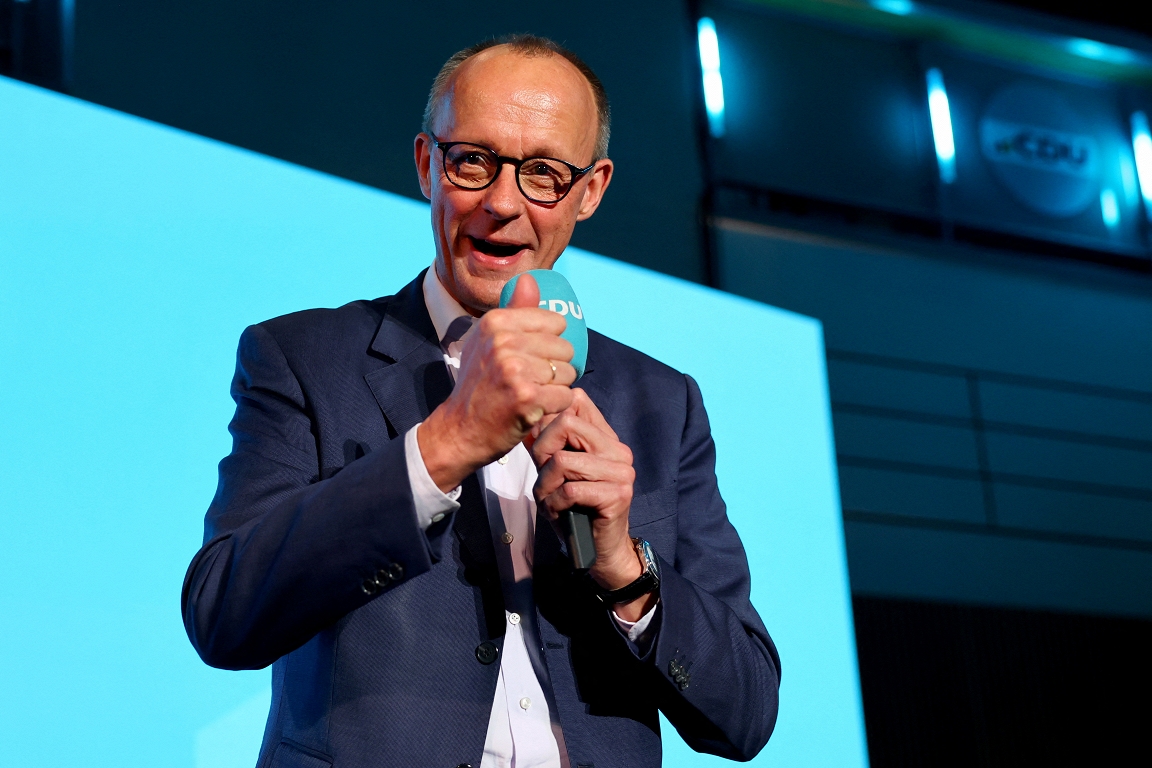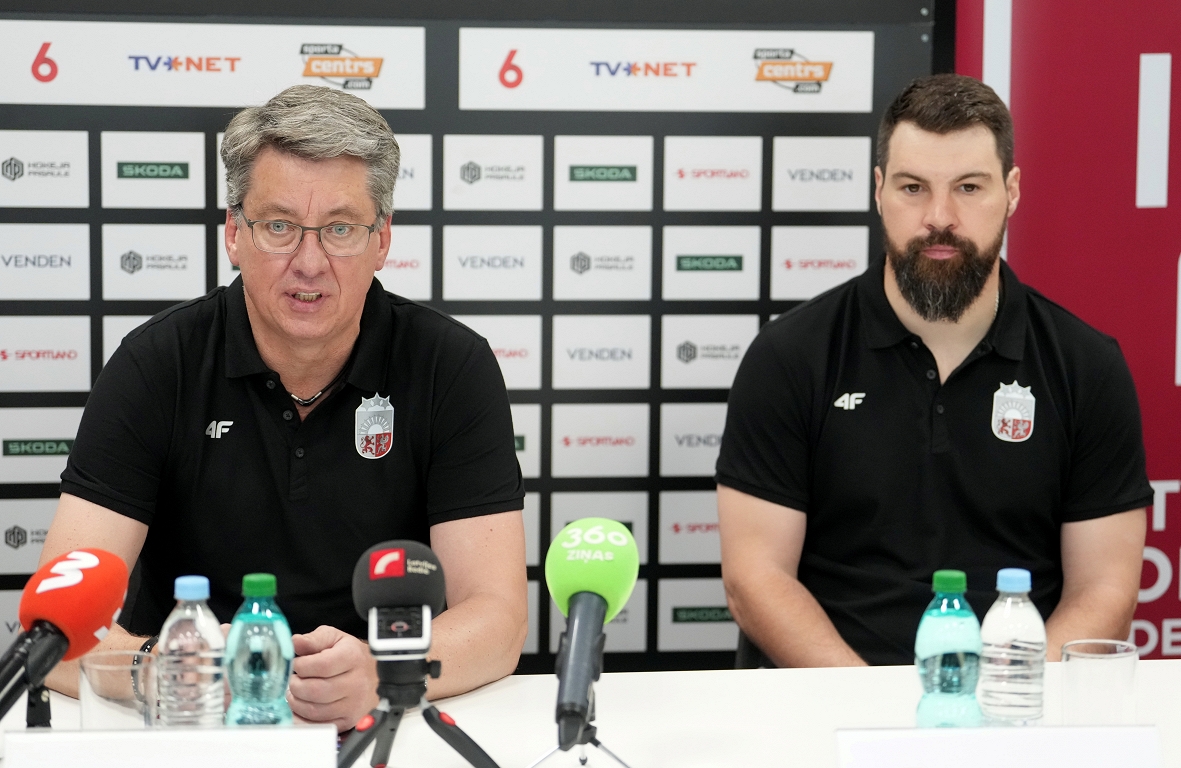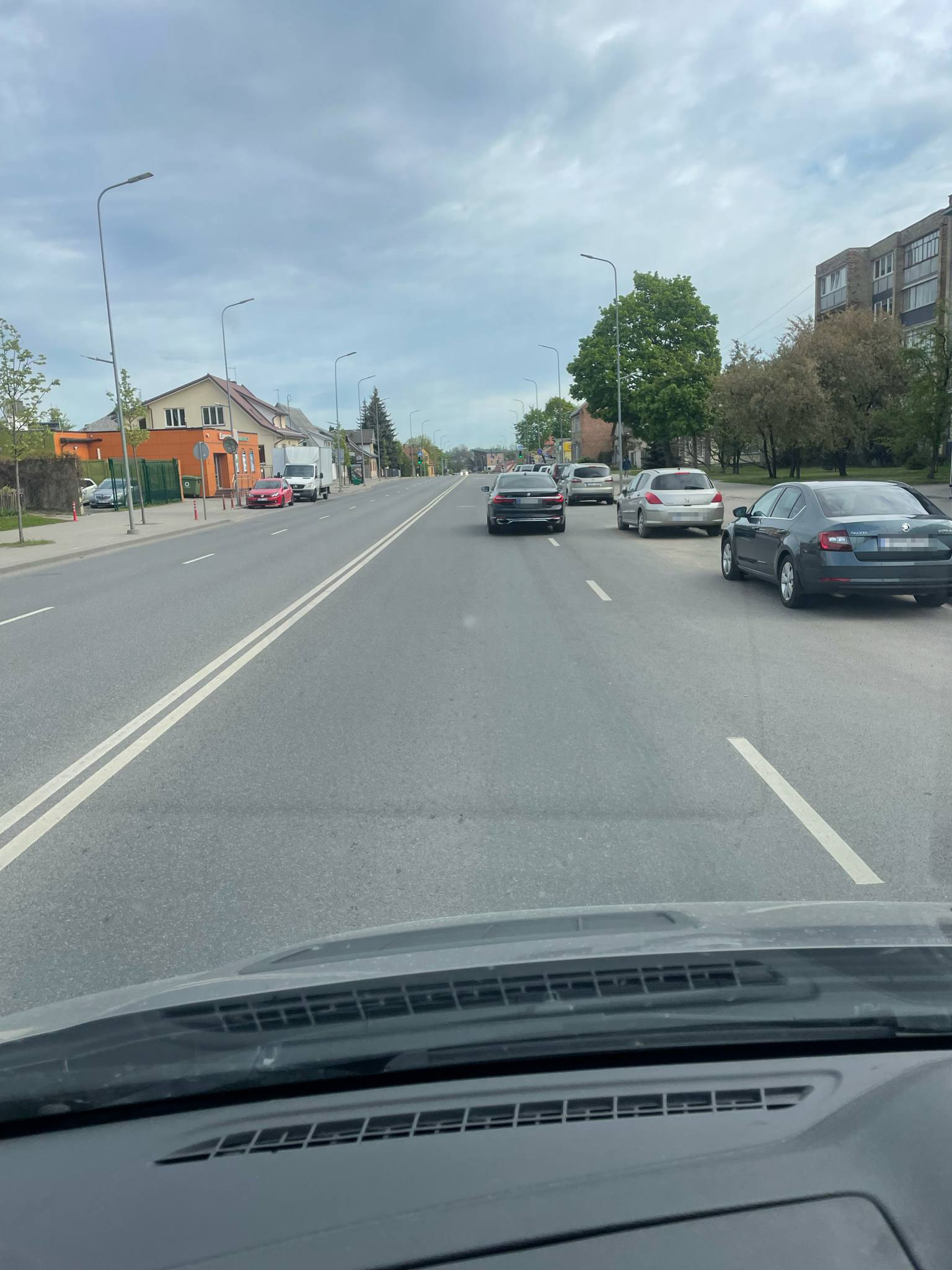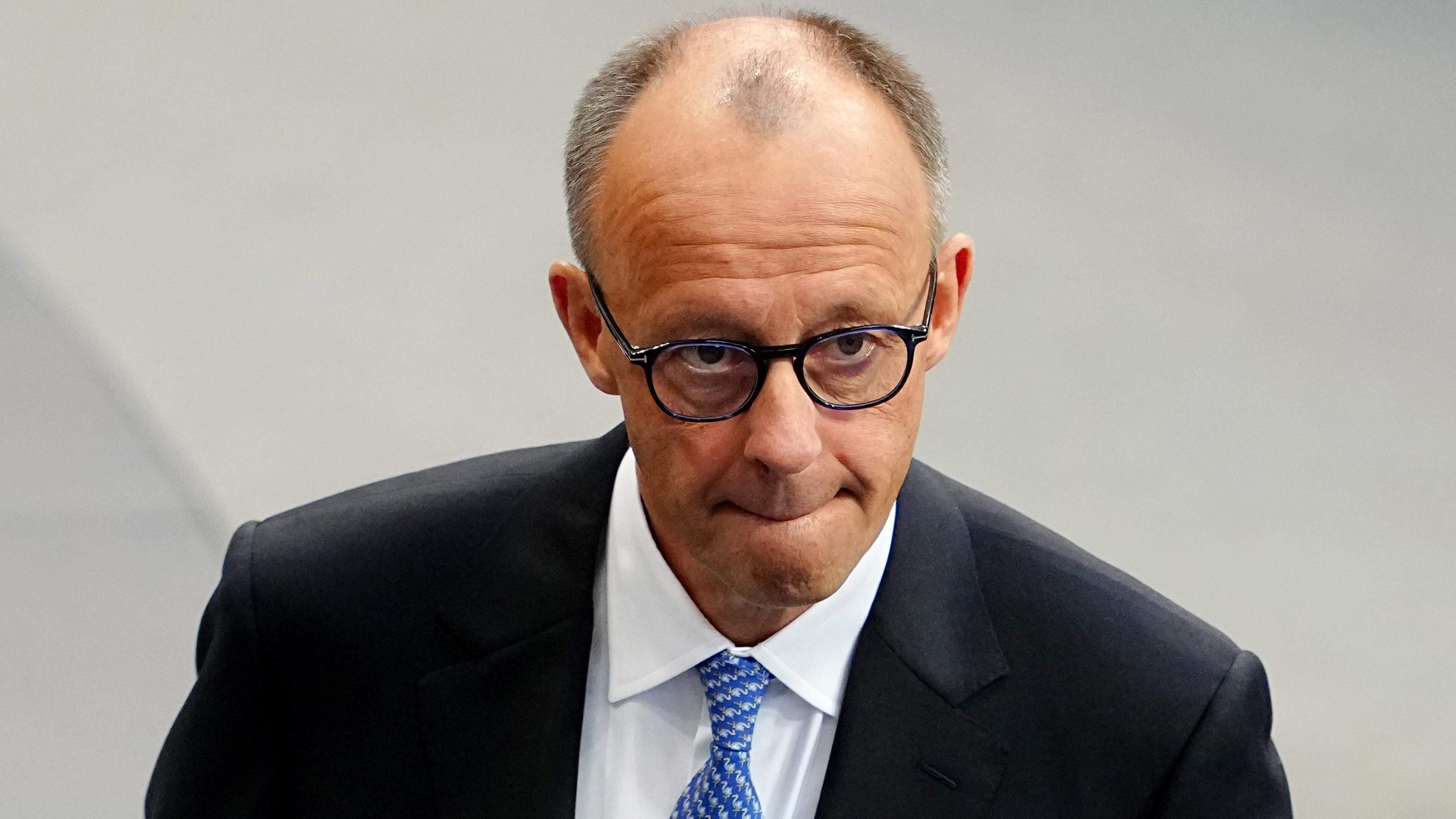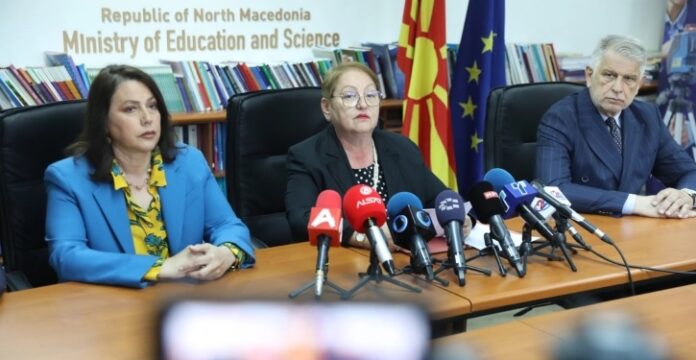Music is not just an ornament for aesthetic pleasure, it’s part of the thinking process / day
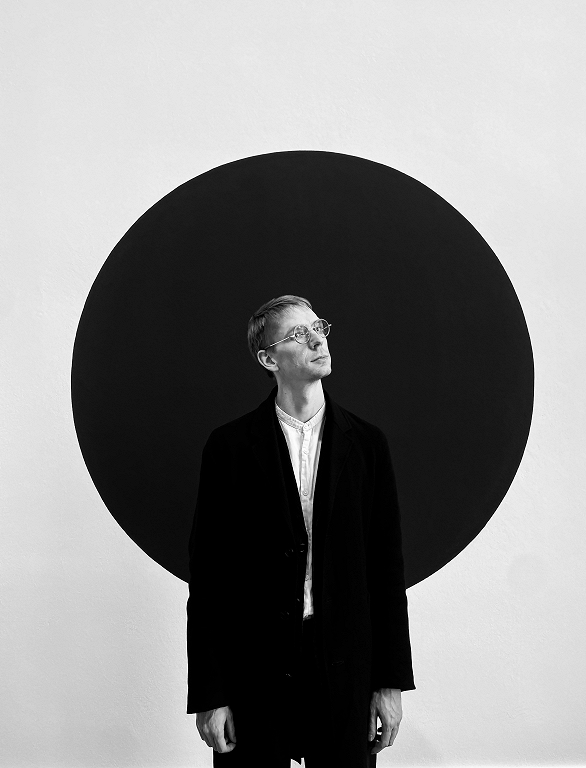
« The festival program has five concerts, and four of them each dedicated to the bright Latvian cultural and intellectual history personality that changed the usual perception of the world. Their ideas have inspired Latvian composers to create new works by creating music for the future in the dialogue with the past. Landscapes, poets and thinkers were not only voices of their time, but also the voices of their time, « says the artistic director of the festival and the author of the concept, composer Christian Auznieks.
The festival illuminates the legacy of Latvian intellectuals of the 20th century, revealing how the thoughts that have changed the world can be reborn in sound. How does the age reflection sound? From poetry to synthesizers, from choir to spatial sound – every concert is a unique musical space where the visions of the past face the sound of the future.
Trio tresensus In cooperation with the leading Latvian analog synthesizer manufacturers Erica Synth May 7 at 19 The Golden Hall of the Riga Latvian Society will offer electrical music, inspired by Veronica Strelert’s poetry and essays. Program Center Alexander Avrameca, Santas Bush, Jānis Petrashkevich and Martha Semyonova premiere. In the Hall of the Jāzeps Vītols Latvian Academy of Music on May 8 Quadra Will honor Anna Rūmani-Keniņš, a feministic thinker and medium of independence. She is dedicated to the new works of Indra Rich and Madara Petersone. On May 9, the Latvian Radio Choir will be revived in the Great Hall of the University of Latvia by the creative work of the eccentric composer and music philosopher Arthur Grīnup, including the premiere of Santa Ratniece and Peter Wax. May 10 in the Ziedonis Hall of the National Library of Latvia.
State Chamber Orchestra Sinfonietta Riga And conductor Normunds Schne will reflect on the importance of beauty and aesthetics, inspired by Milda Palēviča’s works and premiered Selga Mence and Jakin’s semi -pemonus. At the end of the festival At the Sound Manor 360 May 11 at 13 will be heard by Latvian composers’ spatial sounds, asking questions about the artist’s identity in the future society. Full program can be found: Muzikasdiena.lv.
New academic music is, in a sense, a « niche » thing. How to attract wider public interest in LJMD events?
We want to show the artist as a visionary as an active part of society. Not as the isolated genius of the 19th century as Mozart or Beethoven, but as a person involved in public processes. In today’s reality, most composers work either as lecturers, or as music administrators, festival leaders, or not even working in music at all. I do not agree with those who say that art and politics are two different things, and artists should not think about politics. In my opinion, they are related to each other. Not only can the artist influence public processes, but he is obliged to transform the public overlooking the future. Inspired by art figures in the history of the 20th century, there are four important personalities in our focus, which we look at in new music.
What are these personalities and why is the choice?
First of all, philosopher, art historian, feminist, founder of Latvian academic aesthetic thoughts Milda Palēviča (1889-1972), who wrote the first academic book in the history of Latvian aesthetic philosophy aesthetic thought in Latvia. It was not published because of the Soviet censorship and also because she was a woman (which can be read in her diaries). This book was published just a few years ago in the publishing house Neputns.
Milda Palēviča does not postal beauty as absolute size, but ask questions about how much it depends on our own understanding and what it is to do with everyday life. Why should a person go to work in the morning and come home in the evening should think about beauty at all? Why is beauty being a value?
The writer, the poet, the essayists, the translator Veronica Strelert (1912-1995) is honored because she was also a person who was very cared for in Latvia’s context: to enter Latvian breeze in Latvian literature and become part of European literature.
The third important figure is Anna Rūmane-Ķeniņa (1877-1950), a public and cultural history personality, who actively defended the idea of independence in Latvia during World War I and fought for women’s rights in independent Latvia, which was a new thought at that time. She was also the mother of the remarkable composer of the 20th century.
Composer Arthur Grinups (1931-1989) entered the festival concept from other doors. The peculiar, eccentric musician was like an unknown joker card – Wild Card: As if inaccessible, but everyone knew about him and were also afraid of him. I recommend watching a video posted on the composers’ Union Face Buck, which has been portrayed by Conductor Sigvard Klava. There was an aura of mystery around him, but everyone talked about him and knew he was smoking a lot, drinking soluble coffee and playing chess all the time.
We have included an unusual Greenup job at the festival Symphony oratorial monument luigi kerubini in memory, Who has never been played in its right form. It was played in the piano version in 2002, but the author has been intended to develop it for the orchestra. We asked the composer Anitra Tumševica to transfer this work to the choir and 12 tools, approaching the chamber orchestra. Alongside the historical reconstruction of Arthur Grīnup’s opus, we will be able to experience the work of Santa Ratniece, who is still unheard in Latvia My soul will sink within meas well as premieres of Andris Dzenītis and Peter Wax.
Significantly, three of the four historic personalities highlighted at the festival are women, and concert programs are also dominated by composers’ compositions.
All three were visionaries of their own era, which through art and their social activities implemented the mission to transform society. You will definitely notice that inclusion is a value on these new music days. We say that we have many composer women in Latvia, but when we look at the real numbers, let’s see that they are little represented in the concert. So it was important for me to order so many new work directly for women.
I also wanted to show that the Latvian composer is not always with the Latvian name. For example, Jacon Hemson is also a Latvian composer, a member of the Latvian Composers’ Union, but his appearance is very different from what we usually imagine as a typical Latvian. Latvianness is changing and growing, we live in a global world, where anyone who really wants and is interested in our culture can become a Latvian. It just enriches us. We want to become more and more in European history, intellectual development, including ideals. It breaks all my activities in the composers’ union and, of course, at this festival. We have tried to make the festival more diverse and illuminate the color that is already in our KS and in our environment. For example, for the first time, the LJMD program is represented by Don Jafe, a Latvian older composer living in Berlin.
All four of the historical Latvian cultural personalities of the chosen festival are personally inspired to show that man and the artist is a spectrum of one person’s personality. We can see different activities in an artistic, aesthetic light. Both what I do as an educator and as the leader of the Union of Composers is 100 % informed of my artistic practice and artistic choice. Feeling cultivation, taste, sensitivity, attention – all of which are the abilities we develop in art. The end result, on the other hand, is not just an art, it is also life.
Inspiring visionaries chose yourself or listened to the wishes of the performers?
It was my decision. Then I went to each ensemble and chose the composers to order the works with them and the composers’ union council. Each concert has two or three these special new work orders asking composers to reflect on these personalities. This can also happen in a very esoteric, impulse level of this person. For example, Milda Palēviča mentions Latvian folk song in her diary and study Sunshine; late at nightin which he saw a real, true beauty. At the same time, this song of the orphans is echoed with her own sad private life, with most of the 60s in Latvia living in Latvia. In its composition, Selga Mence has taken both the current and quotes this folk song. Jackin Half, who also works as a researcher at the Latvian Academy of Music, was more interested in Milda Palēviča being a scientist and artist at the same time.
Santa Bush and John Petrashkevich, thinking of Veronica Strelert, added a musical power to her texts. Indra Rich and Madara Petersone are reflecting on Anna Rūmani-Kenins.
In order to see the individual relationship of each composer with the historical personality, it is necessary to come to concerts and listen. These approaches are very different. From those with almost only sparkles, only an intuitive impulse, to compositions, the authors of which are carefully deleted in the biographies of these personalities and tried to saturate their work with their ideas.
Will your own new work be played at one of the festival concerts?
No. There was an important ethical setting for me so that my private career interests are not pushed in the festival program. I wanted to keep it clean. Each concert has two premieres of the works commissioned by KS. Sinfonietta Riga Concert – three. As Sigvard Klava was actively involved in the creation of the Latvian Radio Choir Concert Program, we met two more new works by Andris Dzenītis and Peter Vasks. I’m just glad that our new work will be complemented.
The most specific, most comprehensive message about the selected personalities is obtained if the worded or spoken word involved in the performance?
It would not be interesting for me to simply compose music with Veronica Strelert’s poetry. It seemed more important to think about intellectual personalities, their activities in the world and see how we can reflect it. We wanted to go one step further. Information on these personalities and the relationship between our festival composers with them will be read in concert programs prepared by Santas Bush. It will be a value in itself, the testimony of the era worth keeping.
Does the art task change is how terribly the global geopolitical aggression boiler boils now?
Speaking of the words of Peter Wax, the task of art is to show the way to the light. Rather than reacting and « war », but even more striving for subtlety and sensitivity.
As planned LJMD further development, including relations with the intergovernmental cooperation festival Baltic New Music Days?
Festival Baltic New Music Days takes place every year in another Baltic neighborhood. It will take place in Latvia next April, combined with LJMD. The vision is quite impressive, as we are significantly expanding its cooperation with Finnish, Sweden, Norway, Denmark, Iceland, Faroe island composers and the Nordic Music Days with the Festival. This will give new opportunities for both composers and listeners.
We have many similar challenges, we are all small countries with few people. From the Nordic countries, we can learn a lot about how to involve different groups of society, both in music composing and experienced, such as immigrants and people with disabilities. Next year’s festival The new music of the Baltic The theme of the day is Time, and the festival name is We live at different timesPlaying both the fact that Latvia, Lithuania and Estonia tend to talk about slower, quieter countries, and thinking about the scar that the Soviet occupation has left to our identity. We lived in the USSR at another time, while in the Nordic countries we had the opportunity to grow growth. We also play the idea of the idea of Rail Baltica How about the transition time to the European track width. There will be many interesting and unusual concerts in Riga and Liepaja Concert Hall Amber. Everyone will have their own focus – from travel to endlessness. The Latvian Radio Choir will participate, the concert of pianist Reina Zariņš, is scheduled, 40 fingers duo From Lithuania, Tallinn New Music Ensemble from Estonia, at least one new music ensemble from Scandinavia and, if you can find funds, a significant new music ensemble from Germany. Knowing Latvia’s financial reality, it should be borne in mind that any part of the plan may not be realized. Therefore, I will be able to open the full BJMD program after half a year.

